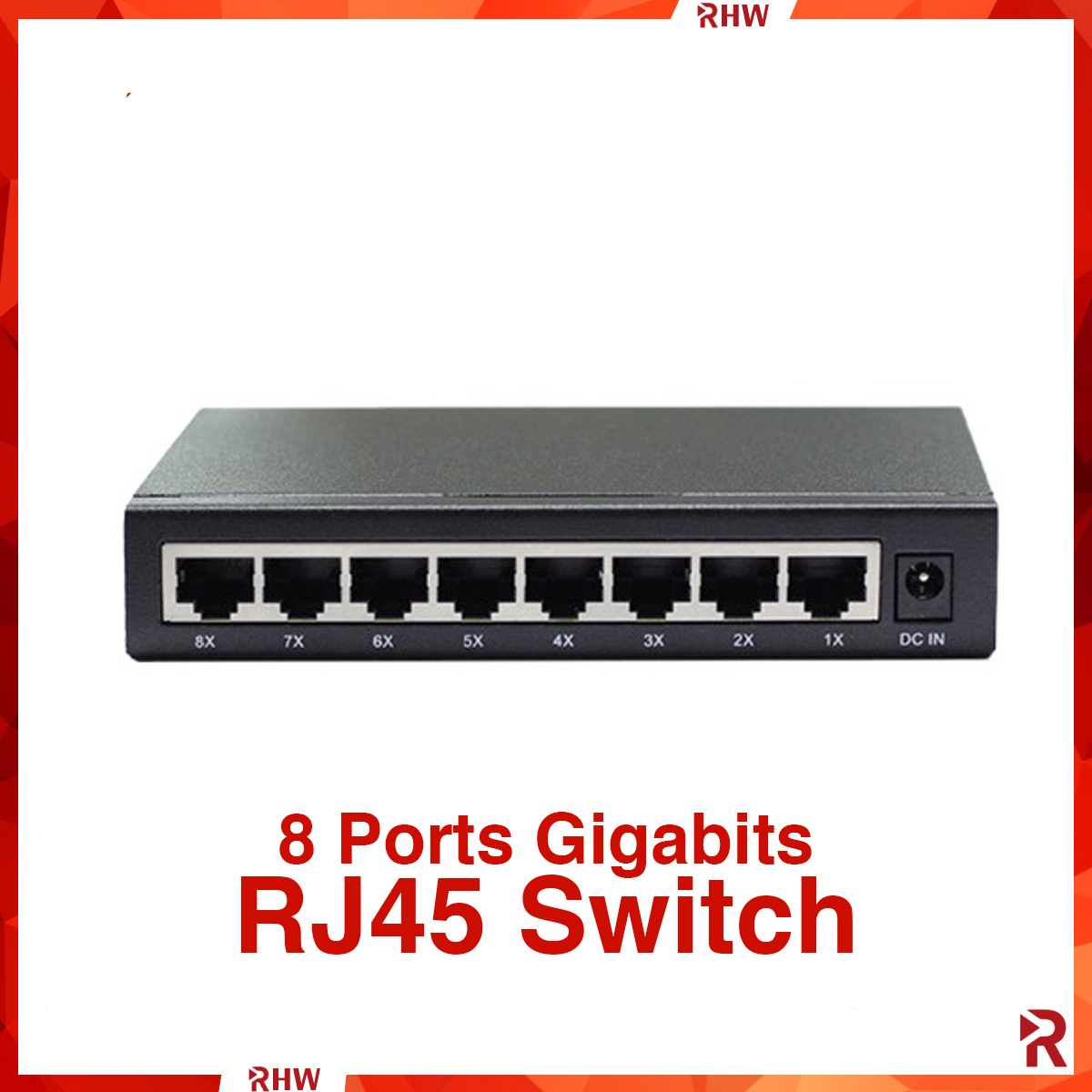In the rapidly evolving digital era, the concept of a hub has transformed into a dynamic center for information exchange, resource sharing, and community interaction. As online presence becomes increasingly vital, comprehending the nature and functionality of hubs offers substantial advantages for both individuals and businesses. This article delves into the multifaceted aspects of digital hubs, exploring their significance, types, and contributions to the ever-expanding digital realm.
As we navigate the complexities of the internet, hubs serve as indispensable anchors, enabling users to connect, share, and access information efficiently. Whether you're aiming to establish a personal brand, enhance business visibility, or cultivate community engagement, understanding the potential of a hub can unlock numerous opportunities. Throughout this article, we will examine various types of hubs, their roles, and the best practices for creating a successful and impactful hub.
Join us on this journey to uncover the critical role of hubs in today's interconnected world. We'll explore their defining characteristics, benefits, and practical applications across diverse domains, equipping you with the knowledge to harness their power effectively.
Read also:Does Chico Lachowski Have Tattoos Unveiling The Truth Behind The Models Look
Comprehensive Guide to Digital Hubs
- Understanding the Concept of a Hub
- Exploring Different Types of Hubs
- Why Hubs Are Essential in the Digital Age
- Steps to Building a Thriving Hub
- Real-World Examples of Successful Hubs
- Avoiding Common Pitfalls in Hub Development
- The Evolution of Hubs in the Future
- Final Thoughts on Digital Hubs
Understanding the Concept of a Hub
In the context of the digital world, a hub represents a centralized platform or space where users can convene, exchange information, and interact with one another. These hubs manifest in various forms, such as websites, social media platforms, forums, and online communities. They serve as focal points for communication, collaboration, and resource sharing, making them indispensable in today's interconnected environment.
Exploring Different Types of Hubs
There are several categories of hubs, each catering to unique purposes and audiences. Below, we explore some common types:
- Content Hubs: Platforms that aggregate and curate content around specific themes, such as blogs or news websites.
- Community Hubs: Online forums or social media groups that enable users to interact and share experiences, fostering a sense of belonging.
- Resource Hubs: Websites that provide valuable resources, tools, and information tailored to specific industries or groups, enhancing accessibility and knowledge sharing.
- Brand Hubs: Company websites or landing pages that serve as the primary point of interaction for customers, reinforcing brand identity and engagement.
Why Hubs Are Essential in the Digital Age
Hubs play a pivotal role in the digital ecosystem for numerous reasons:
- Centralized Information: Hubs streamline the process of finding relevant information by providing a single, reliable source for users.
- Community Building: They cultivate a sense of community among users with shared interests, encouraging interaction and collaboration.
- Enhanced Visibility: For businesses, hubs significantly boost online visibility, attracting potential customers and expanding reach.
- Engagement Opportunities: Hubs offer diverse avenues for user engagement, including comments, discussions, and content sharing, fostering active participation.
Steps to Building a Thriving Hub
Creating an effective and engaging hub requires a strategic and thoughtful approach. Below are some essential steps to consider:
Pinpointing Your Target Audience
Understanding your target audience is fundamental to tailoring your hub's content and design to meet their needs. Conduct surveys, research user preferences, and analyze behavioral patterns to gain valuable insights into what resonates with your audience. This knowledge will guide your content strategy and enhance user satisfaction.
Developing High-Quality Content
Content forms the foundation of any successful hub. Ensure that the content you create is valuable, engaging, and relevant to your audience's interests and needs. Incorporate a variety of formats, such as articles, videos, infographics, and podcasts, to cater to different preferences and maximize user engagement.
Read also:Sean Murray The Actors Journey Wealth And Impact
Real-World Examples of Successful Hubs
Examining successful hubs can provide valuable inspiration and practical insights. Below are a few noteworthy examples:
- Reddit: A vibrant community hub where users can share content, engage in discussions, and explore a wide array of topics, fostering a sense of connection and discovery.
- Medium: A content hub that empowers writers to share their work with a broad audience, encouraging engagement through comments and claps, and promoting knowledge sharing.
- LinkedIn: A professional networking hub that connects individuals and businesses, offering resources, opportunities, and a platform for career growth and development.
Avoiding Common Pitfalls in Hub Development
When building a hub, it's crucial to steer clear of certain mistakes that can hinder its success:
- Neglecting Audience Engagement: Failing to interact with your audience can result in a lack of community and reduced interest, undermining the hub's potential.
- Inconsistent Content: Regular updates with fresh and relevant content are essential for maintaining user interest and ensuring the hub remains a valuable resource.
- Poor User Experience: Ensure your hub is intuitive, visually appealing, and accessible across devices to enhance user satisfaction and encourage prolonged engagement.
The Evolution of Hubs in the Future
As technology continues to advance, the concept of hubs is poised to undergo significant transformations. Future trends may include:
- Increased Personalization: Leveraging artificial intelligence to deliver tailored content recommendations, enhancing user experience and engagement.
- Integration of Virtual Reality: Some hubs may incorporate virtual reality technology to create immersive experiences, revolutionizing the way users interact and connect.
- Greater Focus on Community: Building and nurturing strong communities will become increasingly vital as users seek deeper connections and meaningful interactions.
Final Thoughts on Digital Hubs
In conclusion, understanding the concept of a digital hub is paramount in the modern digital age. Hubs facilitate information sharing, community building, and engagement, making them indispensable for individuals and businesses. By identifying your target audience, crafting high-quality content, and avoiding common pitfalls, you can create a successful hub that stands out in the competitive digital landscape. We invite you to share your thoughts and experiences in the comments below. If you found this article insightful, feel free to share it with others or explore our additional content for further insights.
Thank you for reading, and we look forward to welcoming you back to our site for more engaging and informative articles!


